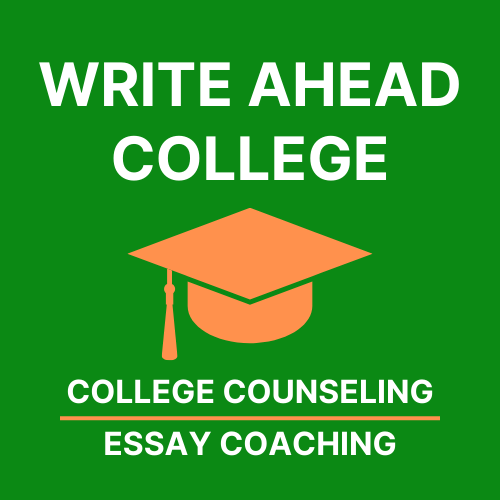What Counts: Test Scores and Essays in the College Application Process
It seems that every week, another article comes out announcing an admission’s policy shift from our country’s most competitive colleges and universities. In addition to Dartmouth and Yale opting to require standardized test scores, Duke has now announced that it will change the way it views those scores, which remain optional. They will also change the way they consider an applicant’s essays. Instead of assigning a numeric value between 1-5 to comprise a score on a 30-point scale, the essay will no longer be part of the arithmetic, and will therefore carry less weight.
In attempting to understand these changes, it is clear that institutions of higher learning are keen to equalize the playing field for students across geographic and socioeconomic groups toward the vision of equity. Hiring test-prep and writing tutors has been a persistent consideration for years, and the advent of generative AI has further muddied the waters with regard to writing samples. While tools like ChatGPT have created real concerns about authentic writing, it might be argued that generative AI is the true equalizer. Though I in no way advocate the use of such a tool for writing a college essay, I do see it as providing free help for those who might otherwise hire a writing coach. One of the best (or even only) positive outcomes of generative AI is that it promotes sophisticated prompt engineering to produce the best outcomes; what and how you structure what you want to be written can be an important way of thinking on the front end, while editing the output is also essential, and not an unworthy skill for writers to have.
I do not blame schools for trying to make an imperfect system a bit more perfect, but I do think Duke’s decision is a bit misguided. When a preponderance of schools did away with interviewing many years ago, the essay became the singular way admissions officers can actually “hear” from the applicant. Given this, it seems imprudent to give it less weight. It might be worth acknowledging that “gaming” the system through essays is not an entirely new concern. Back in 2021, the University of Pennsylvania became embroiled in a conflict with a graduate who likely fabricated her story to include being a first-generation, low-income college applicant, though her mother is a doctor, and other claims of physical and sexual abuse are still in question. One could argue that presenting a false narrative is far worse than using technology to construct a true story. While some may “game” the system using generative AI, diminishing the import of an applicant’s essays may be a bit reactionary.
Staying on top of the college application process has always been daunting. Adding in political and social pressures, along with technological advances, makes it that much more so. The truer applicants can be to themselves and the process, the better. Ideally each prospective college student will attain their goals at a school that suits them academically and socially. In the meantime, applicants should work hard, engage in activities that better themselves and their communities, and present themselves in the best and most genuine way.
For more information on navigating the college application process and essay coaching, please contact me at writeaheadcollege@gmail.com or through my website: https://writeaheadcollege.com/contact.
